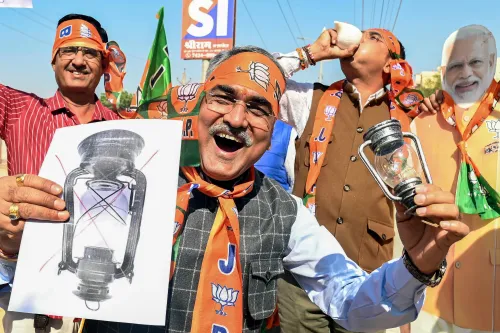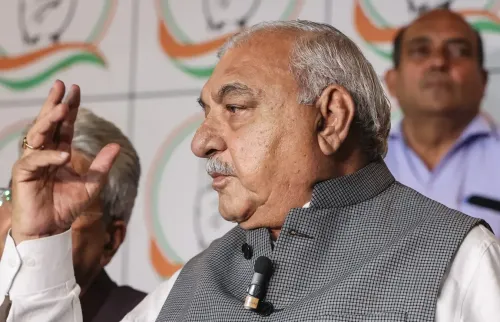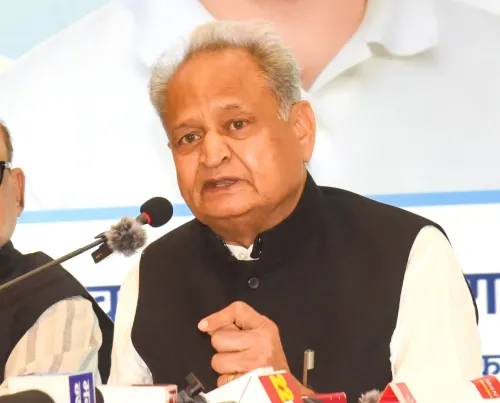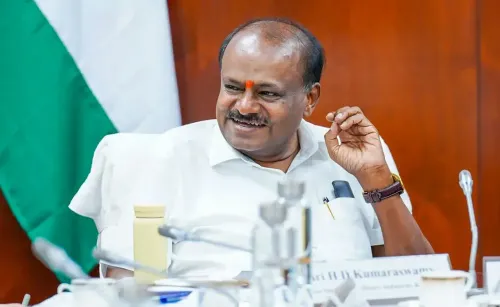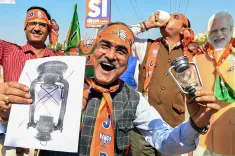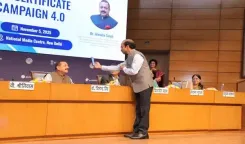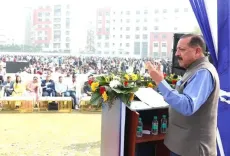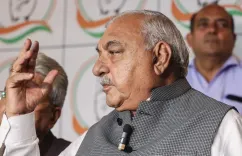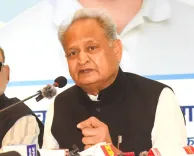Is Justice for Divya Stalled Until the Autopsy Report?
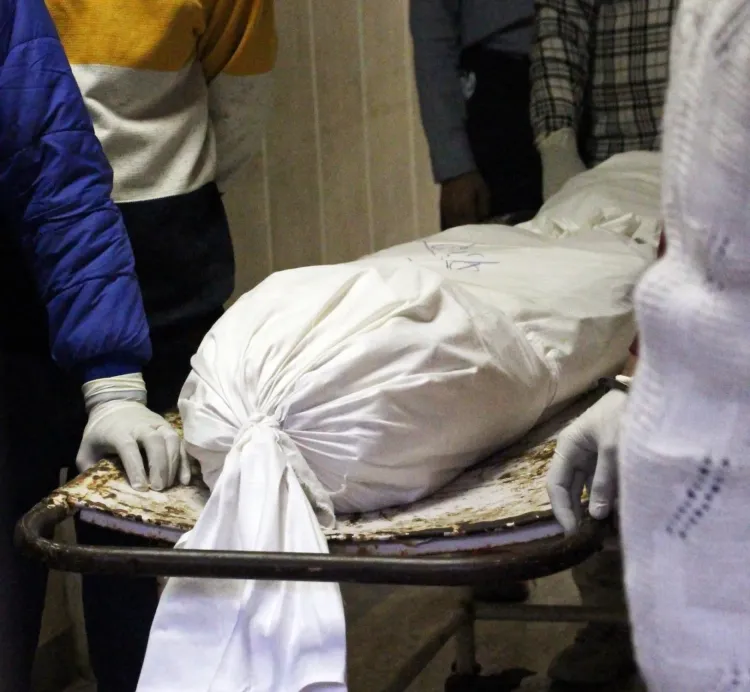
Synopsis
Key Takeaways
- Divya Sikarwar's case sheds light on severe issues regarding caste-based violence.
- The police investigation faces scrutiny due to apparent lapses.
- Forensic evidence is crucial in determining the cause of death.
- Community outrage reflects the demand for justice.
- Patterns of inter-caste violence highlight societal challenges.
Morena, Sep 29 (NationPress) The police in Morena are currently waiting for the autopsy results concerning the suspected honour killing of 17-year-old Divya Sikarwar, a Class 12 student. Her decomposed body was found in the Kunwari River on Sunday, five days after she was reportedly “shot dead” under mysterious circumstances within her home.
The incident took place on the evening of September 23 in the Shivnagar area, part of the Civil Lines Police Station jurisdiction, triggering widespread anger and renewed examination of caste-based violence in Madhya Pradesh’s Chambal-Gwalior region.
According to police, Divya’s father, Bharat Sikarwar, is the “prime suspect” in this case. Reports indicate that he wrapped her corpse in plastic, secured it with a stone, and disposed of it in the river, approximately 30 kilometers from their home.
Bharat later alleged that his daughter shot herself and that he performed her “Jal Dag (water cremation)” after she succumbed to injuries en route to the hospital. Forensic experts examining her body, however, have pointed to a point-blank gunshot wound to the head, contradicting the family's fluctuating narrative, which initially claimed electrocution and subsequently suicide.
The case came into the public eye when Bharat announced his daughter's death and began receiving visitors at their home. Neighbors reportedly heard a scream and a gunshot on the night of the incident, leading them to notify the authorities.
Investigators believe the family intentionally failed to report Divya as missing, and her younger siblings—both minors—have also been unaccounted for since that night.
Assistant Superintendent of Police Surendra Pal Singh Dabar confirmed to IANS the recovery of the body, stating the post-mortem examination is being conducted at Gwalior Medical College due to the advanced decomposition.
“We will only be able to ascertain the exact cause of death after the forensic report and post-mortem investigation are complete, allowing us to determine whether to file a murder or suicide case,” he stated.
Currently, police only have initial clues; Divya, an upper-caste Kshatriya, was thought to have been close to a young man from a socially disadvantaged caste. Authorities suspect this relationship may have led to a fatal attack, hinting at a potential honour killing.
Bharat, known as Bantu Sikarwar, is in custody, but the young man involved has yet to be interrogated, and Call Detail Records have not been obtained.
The family claimed that Divya managed household finances and had access to a pistol registered under her uncle’s name, which was reportedly kept in her cupboard. Whether this weapon was involved in the incident remains under investigation.
“We have not yet recovered the weapon, as the family states it is with her uncle, who serves in the Indian Army,” the officer remarked.
Questions linger about how Divya’s uncle took the weapon following her death and why it was in Divya’s cupboard prior to her demise. The officer did not clarify why Divya’s Call Detail Records have not been requested, nor why neighbors have not yet been questioned.
Additional questions remain unanswered, such as who initially alerted police to Divya’s disappearance and why her siblings, if not missing, have not been interrogated. Despite the serious nature of this suspected honour killing, glaring gaps in the police investigation raise significant concerns.
These oversights imply either negligence or reluctance, potentially jeopardizing the pursuit of justice in a case already marred by caste prejudice and familial secrecy. This incident echoes previous cases in the region.
In June, a grandfather in Morena allegedly shot his granddaughter over an inter-caste relationship. In January, a 20-year-old girl named Tanu Gurjar was murdered by her father and cousin in Gwalior. Such incidents underscore the ongoing threat that caste orthodoxy poses to young individuals striving for freedom and love.

